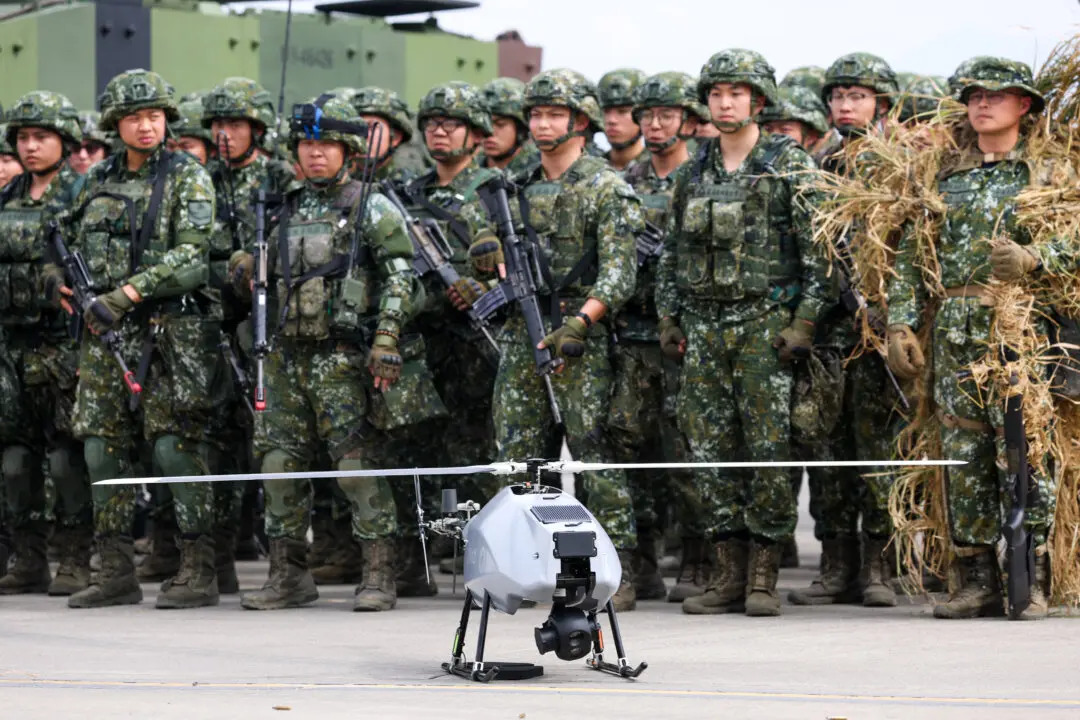A Taiwanese citizen who immigrated from mainland China and is a candidate for council in Taipei City has been arrested and charged with taking bribes from China, the latest instance of Beijing’s continued attempts at political meddling in democracies around the world.
Zhang Xiuye, who is seeking to represent Taipei City’s Wanhua District, cannot leave the island and was confined to her residence by prosecutors on Nov. 13, Taiwanese media reported. She is the secretary general of the Patriotic Alliance Association (PAA), also known as the Concentric Patriotism Alliance, a pro-Beijing organization in Taiwan.





